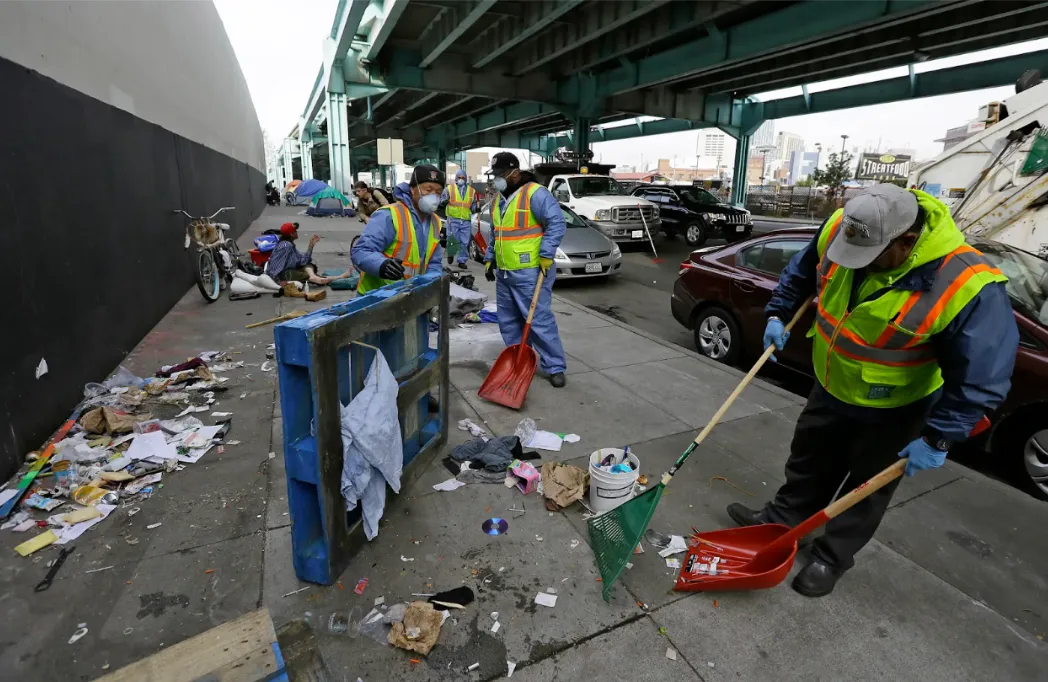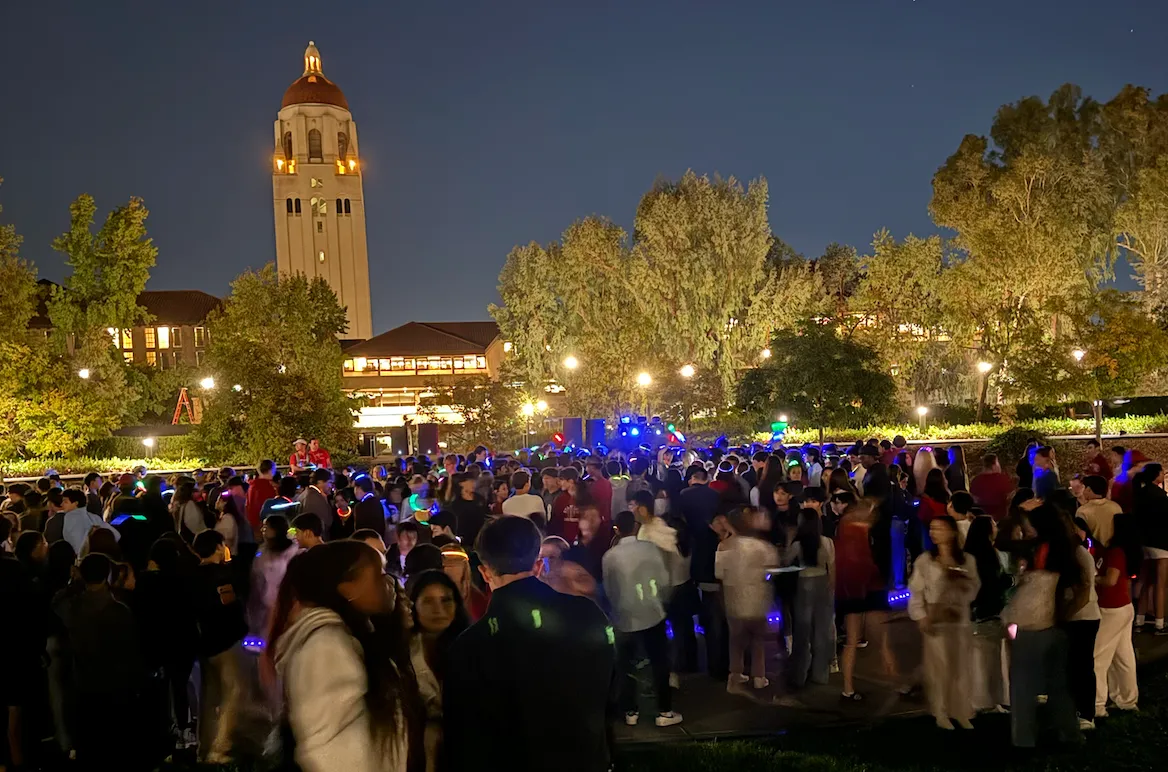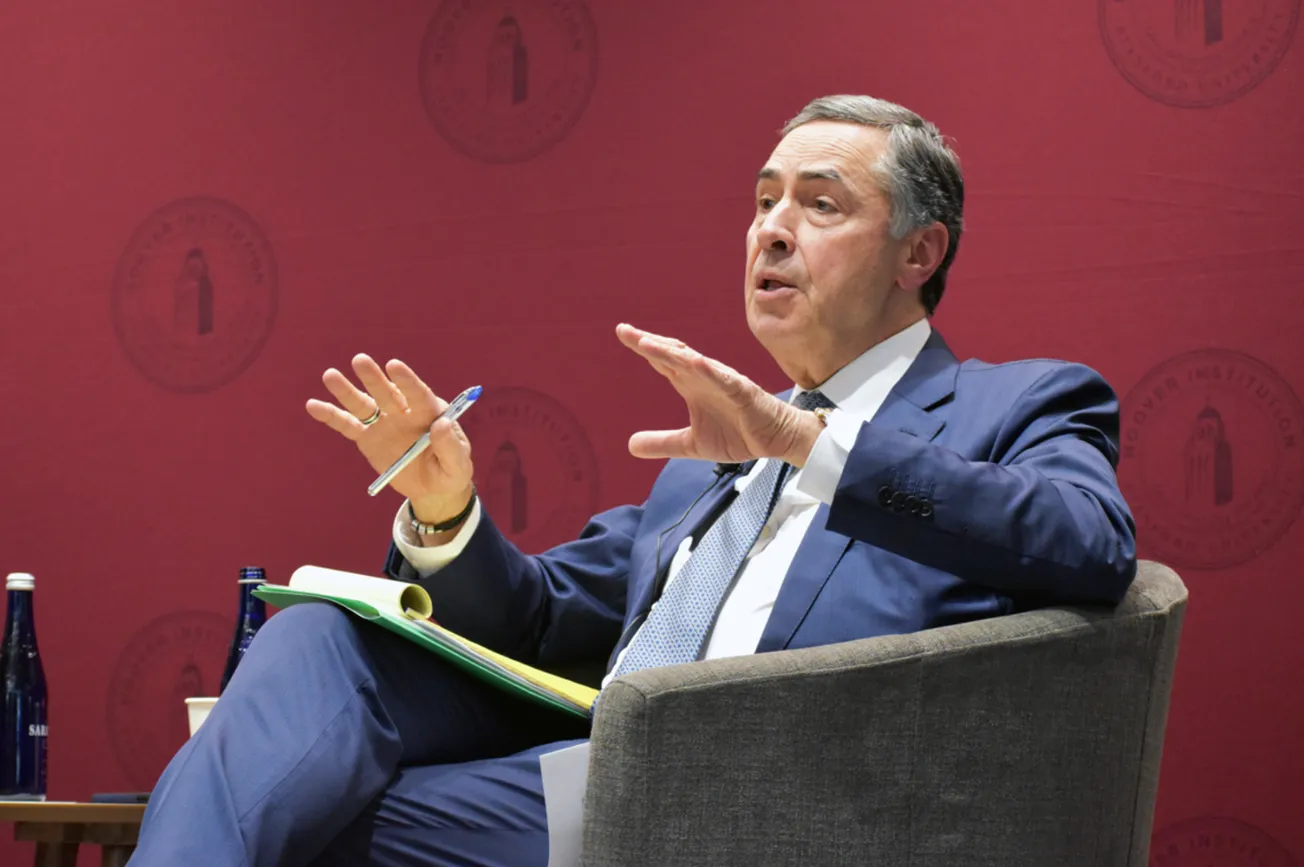Table of Contents
The once great city of San Francisco, we are told frequently, is beset by intractable social dilemmas that simply cannot be remedied. For years on end, city residents have lodged complaints ranging from open-air drug markets and overdoses, to rampant property crime, to appalling levels of unsheltered homelessness. And for years on end, city officials have failed to put a dent in any of these problems.
In fact, each issue has worsened. In 2021, Walgreens announced it would shutter numerous San Francisco locations due to “organized retail crime.” A company spokesman explained, “Retail theft across our San Francisco stores has continued to increase in the past few months to five times our chain average.” The number of people in homeless shelters has increased since the pandemic, but so has the number of encampments. And drug overdose deaths—many of which occur on public sidewalks—are on track to hit a record high in 2023.
In early November, however, San Francisco miraculously returned to its former glory. In just a few days, the local government embarked on a remarkably successful campaign to improve the city’s appearance, supposed “doom loop” be damned.
Maintenance workers repaved major roadways and resurfaced uneven sidewalks. Long-standing homeless encampments were cleared out. The city’s streets and sidewalks were power washed, and trash was picked up. BART, the Bay Area’s public transportation system, began deep cleaning its stations nightly. The public works department installed decorative crosswalks, repainted bridges, removed graffiti, and added new landscaping. A barrage of police officers patrolled the streets for drug use and petty theft.
What could have sparked such a breakthrough in San Francisco’s chronic plight? Did the exodus of residents and businesses finally force a monumental response by city leaders? Not quite.
No, it seems that San Francisco cleaned up its act solely to prepare for the Asia-Pacific Economic Cooperation summit of global leaders and executives, which it hosted last week. Headlining the event was none other than Xi Jinping, the dictatorial Chinese president and head of the Chinese Communist Party. We must never again say that communists can’t get anything done.
The city’s motivations are not a conspiracy. After media outlets took note, California Governor Gavin Newsom quelled any confusion by stating, “I know folks say, 'Oh, they're just cleaning up this place because all those fancy leaders are coming into town.' That's true… because it's true.” Points for candor, I suppose?
A last-minute cleanup of San Francisco is not itself offensive. What is offensive is that the city apparently could have scrubbed its streets, enforced its laws, and addressed its homelessness crisis anytime in the last decade—and simply elected not to do so. That is, until it sought to impress world leaders by meeting basic standards of competency.
What’s more, San Francisco’s beautification initiative required no additional funding, as every participating department used only the existing budget previously allotted to them. The reversal of degradation merely demanded the use of resources that the city has possessed for years.
Indeed, the cleanup better not have cost a great deal more; San Francisco’s local taxes are already exorbitant. The Bay Area Council Economic Institute finds that the city’s business tax burden “is more than double the next highest city, Oakland, and many times higher than cities with much lower business taxes.” San Franciscans pay an 8.63% sales tax and a 1.8% property tax, both substantially higher than the national average. What services have voters received in return?
It’s not as though citizens have stayed quiet in their discontent. Last year, voters booted from office San Francisco’s district attorney, Chesa Boudin, after he declined to prosecute various crimes. Businesses have threatened to withhold taxes due to homelessness along their storefronts. According to a San Francisco Chronicle poll, 65% of residents “said that life in the city is worse than when they first moved here.” When identifying the city’s biggest problems, “homelessness took first place, followed by public safety.” The most glaring figure: “Roughly one-third of the respondents said they were likely to leave within the next three years.”
Yet officials are evidently uninterested in serving their constituents’ glaring needs. Now that the APEC summit has concluded, and the prospect of international embarrassment has subsided, San Francisco will likely resume its disregard for those who actually live, work, and pay taxes in the city.
Local government’s foremost responsibility is to provide the rudimentary conditions (public order, safety, cleanliness) necessary for families, businesses, and communities to thrive. But as its pre-APEC cleanup proves, San Francisco has willingly abandoned this duty. If only Xi Jinping visited town more often.








